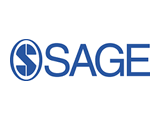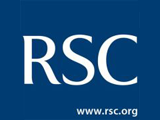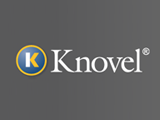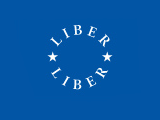SAGE and The British Association of Urological Surgeons today announced a new agreement to publish Journal of Clinical Urology (Formerly British Journal of Medical and Surgical Urology) from January 2013.
Journal of Clinical Urology, edited by Mr Ian Pearce, is an official publication of the British Association of Urological Surgeons (BAUS). Published six times a year, the clinically-focussed journal covers the whole scope of urology in five sections to align it with the BAUS specialist sections: oncology; endourology; female neurological and urodynamic urology; andrology and genito-urethral surgery; and academic/basic science. It publishes high-quality original audit and research, commissioned reviews, comment articles and relevant case reports, with the overall aim of being readable, educational and clinically relevant to everyday urological practice.
“We are growing a strong portfolio in clinical medicine, and our selection by the British Association of Urological Surgeons to publish their prestigious journal is a credit to this,” said Karen Phillips, Editorial Director, SAGE. “We are delighted to be working with such a strong editorial board and see the Journal of Clinical Urology as a key journal for enhancing understanding on clinical studies within this sector. At SAGE we are aligned with the core values of our society partners and look forward to ensuring that the high quality research reaches an international audience.”
“BAUS is delighted to be working with the team at SAGE to continue the development of the journal” commented Ian Pearce, Editor of Journal of Clinical Urology.
The first SAGE issue will publish in January 2013. The new website will be http://uro.sagepub.com
































